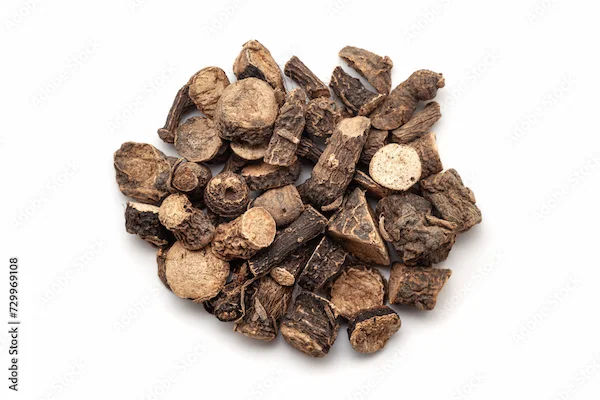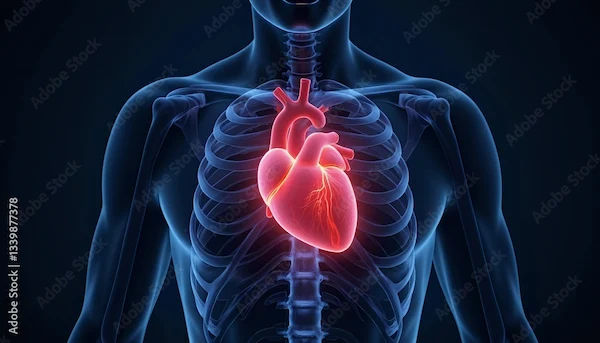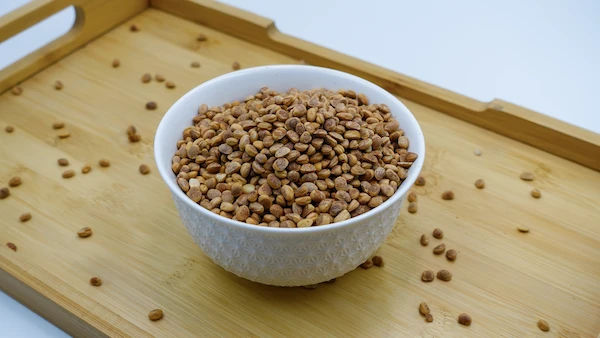Rectal Bleeding Treatment Options and Guidelines
Explore treatment options for rectal bleeding, from home remedies and dietary changes to medical procedures. Learn what causes rectal bleeding, how it’s diagnosed, and when to see a doctor.


Introduction
Rectal bleeding can be a concerning symptom, but it’s important to know that it can result from various causes, some minor and others requiring medical attention. If you notice blood in your stool, on toilet paper, or in the toilet bowl, don’t panic. Instead, take a moment to understand what might be happening and when to seek help.
This article will guide you through the possible causes, treatment options, and lifestyle changes that can help manage rectal bleeding.
What is Rectal Bleeding?
Rectal bleeding refers to the passage of blood from the anus, which may appear:
- Bright red on toilet paper or in the toilet bowl
- Mixed with stool
- Dark or maroon-colored (indicating bleeding higher in the digestive tract)
While it can be alarming, not all cases are serious. However, it should never be ignored, especially if it happens frequently or is accompanied by other symptoms.
Consult a Top Gastroenterologist for the best advice
Common Causes of Rectal Bleeding
Several conditions can lead to rectal bleeding, including:
1. Haemorrhoids
- Swollen veins in the rectum or anus.
- Common in people who strain during bowel movements, sit for long periods, or are pregnant.
- Symptoms: Bright red blood, itching, discomfort.
2. Anal Fissures
- Small tears in the anal lining, often due to constipation or hard stools.
- Symptoms: Sharp pain during bowel movements, bright red blood.
3. Gastrointestinal Infections
- Infections like gastroenteritis can cause inflammation and bleeding.
- Symptoms: Diarrhoea, abdominal cramps, sometimes bloody stools.
4. Inflammatory Bowel Disease (IBD)
- Conditions like Crohn’s disease or ulcerative colitis cause chronic inflammation.
- Symptoms: Diarrhoea, abdominal pain, weight loss, bloody stools.
5. Diverticulosis
- Small pouches form in the colon wall, which can bleed if inflamed.
- Symptoms: Sudden bleeding, usually painless.
6. Colon Polyps or Cancer
- Polyps (growths) can bleed and sometimes turn cancerous.
- Symptoms: Blood in stool, changes in bowel habits, unexplained weight loss.
When to See a Doctor?
While mild rectal bleeding may resolve on its own, consult a doctor if you experience:
- Heavy or persistent bleeding
- Dark or black stools (indicating upper GI bleeding)
- Severe pain, dizziness, or weakness
- Unexplained weight loss
- Changes in bowel habits lasting more than a few weeks
Diagnosis: How is Rectal Bleeding Evaluated?
To determine the cause, your doctor may recommend:
- Physical Exam & Medical History – Checking for haemorrhoids, fissures, or other visible issues.
- Colonoscopy – A camera examines the colon for polyps, inflammation, or tumors.
- Sigmoidoscopy – Examines the lower colon.
- Stool Tests – Detects infections or hidden blood.
- Blood Tests – Checks for anemia or infection.
Get Your Health Assessed
Treatment Options for Rectal Bleeding
Treatment depends on the underlying cause:
1. Haemorrhoids & Anal Fissures
- Dietary Changes: Increase fibre (fruits, vegetables, whole grains) to soften stools.
- Hydration: Drink plenty of water.
- Topical Treatments: Ointments (hydrocortisone creams) or suppositories.
- Sitz Baths: Warm water soaks to relieve pain and swelling.
- Medical Procedures: Rubber band ligation or surgery (for severe cases).
2. Infections & Inflammatory Conditions
- Antibiotics or Antiparasitics (if an infection is present).
- Anti-inflammatory Medications (for IBD).
3. Diverticulosis & Polyps
- Antibiotics (if infection occurs).
- Polypectomy (removal of polyps during colonoscopy).
4. Colon Cancer
Surgery, Chemotherapy, or Radiation (depending on the stage).
Lifestyle & Dietary Tips to Prevent Rectal Bleeding
Healthy habits and dietary changes can help reduce the risk of rectal bleeding.
- Eat More Fibre – Eat whole grains, beans, fruits, and vegetables to help prevent constipation and straining.
- Stay Hydrated – Drink at least 8 glasses of water daily.
- Exercise Regularly – Promotes healthy digestion.
- Avoid Straining – Don’t force bowel movements.
- Limit Spicy & Processed Foods – Can irritate the digestive tract.
Final Thoughts
Rectal bleeding can be caused by many factors, from minor issues like haemorrhoids to more serious conditions like colon cancer. While some cases resolve with simple home care, persistent or severe bleeding needs medical attention.
Consult a Top Gastroenterologist for the best advice
Consult a Top Gastroenterologist for the best advice

Dr Bhargav Vuppumalla
General Physician/ Internal Medicine Specialist
5 Years • MBBS MD GENERAL MEDICINE
Bengaluru
Apollo Medical Center, Marathahalli, Bengaluru

Dr Harish K C
Gastroenterology/gi Medicine Specialist
15 Years • MBBS MD DM MRCP(UK) (SCE-Gastroenterology and Hepatology)
Bangalore
Manipal Hospital, Bangalore

Dr. Shivaraj Afzalpurkar
Gastroenterology/gi Medicine Specialist
13 Years • MBBS, MD General medicine (Gold medalist), DrNB (Gastroenterology), MNAMS
Bengaluru
Apollo Clinic, JP nagar, Bengaluru

Dr. Paramesh K N
Gastroenterology/gi Medicine Specialist
16 Years • MBBS, MS ( General Surgery), DNB ( Surgical Gastroenterology)
Hyderabad
Sprint Diagnostics Centre, Hyderabad

Dr. Ankit Vijay Agarwal
Gastroenterology/gi Medicine Specialist
14 Years • MBBS(Osmania), DNB(Internal Medicine ), DM ( Osmania) Consultant Gastroenterologist, Hepatologist and Advanced Therapeutic Endoscopist
Hyderabad
Apollo Hospitals Jubilee Hills, Hyderabad
Consult a Top Gastroenterologist for the best advice

Dr Bhargav Vuppumalla
General Physician/ Internal Medicine Specialist
5 Years • MBBS MD GENERAL MEDICINE
Bengaluru
Apollo Medical Center, Marathahalli, Bengaluru

Dr Harish K C
Gastroenterology/gi Medicine Specialist
15 Years • MBBS MD DM MRCP(UK) (SCE-Gastroenterology and Hepatology)
Bangalore
Manipal Hospital, Bangalore

Dr. Shivaraj Afzalpurkar
Gastroenterology/gi Medicine Specialist
13 Years • MBBS, MD General medicine (Gold medalist), DrNB (Gastroenterology), MNAMS
Bengaluru
Apollo Clinic, JP nagar, Bengaluru

Dr. Paramesh K N
Gastroenterology/gi Medicine Specialist
16 Years • MBBS, MS ( General Surgery), DNB ( Surgical Gastroenterology)
Hyderabad
Sprint Diagnostics Centre, Hyderabad

Dr. Ankit Vijay Agarwal
Gastroenterology/gi Medicine Specialist
14 Years • MBBS(Osmania), DNB(Internal Medicine ), DM ( Osmania) Consultant Gastroenterologist, Hepatologist and Advanced Therapeutic Endoscopist
Hyderabad
Apollo Hospitals Jubilee Hills, Hyderabad





